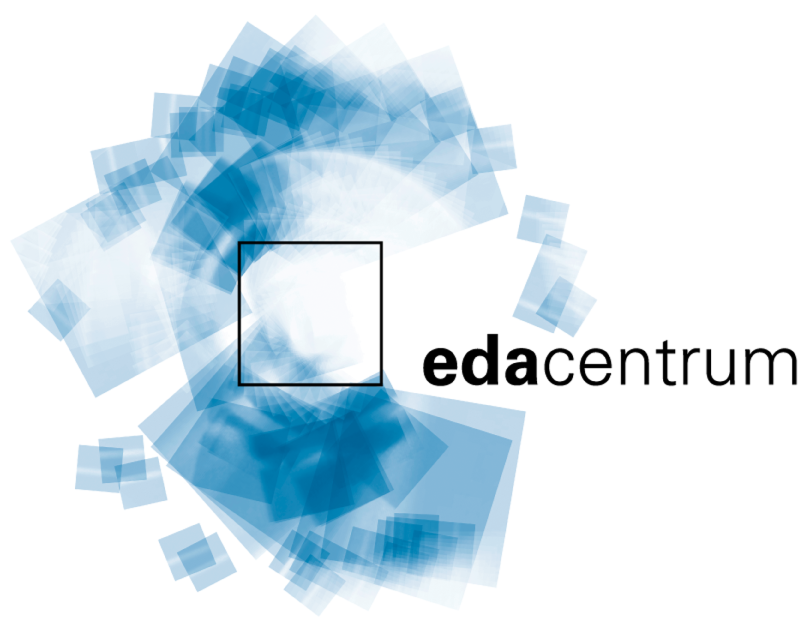Funding Networks
Programmes such as CATRENE and ENIAC, funded by national governments, and similar programmes funded by the European Union, focus on the design of microelectronic circuits and systems. The programmes encompass a large number of projects with a wide spectrum of project partners, and have established valuable R&D networks.
CATRENE
The EUREKA programme CATRENE (Cluster for Application and Technology Research in Europe on NanoElectronics) aims to establish technological leadership for a competitive European ICT industry. European companies must deliver nano-/microelectronics solutions that meet the needs of society at large, improving Europe’s prosperity and reinforcing its industries’ ability to be at the forefront of the global competition. CATRENE builds on the successful EUREKA programmes JESSI, MEDEA, and MEDEA+.
CATRENE is a four-year programme, started 01 January 2008, and has been extended by another four years. The annual utilization of resources will be about 2,500 person-years, costing about € 4 billion for the extended programme.
The funding for CATRENE projects is provided directly by the national governments of the participating countries, which have the exclusive responsibility for all decisions with respect to funding of CATRENE projects.
The CATRENE Board is the top executive body of the CATRENE organisation. It is responsible for the strategy and coherence of the whole programme. It establishes general rules for the programme’s management, and it interfaces with national governments regarding programme strategy and co-funding. It is assisted by the CATRENE Support Group, which decides on project proposals.
The edacentrum liaises closely with the CATRENE organisation, including initiation of new projects as well as support of current projects, thus enabling a very efficient realization of CATRENE projects with German project partners.
An overview of projects supported by edacentrum is available here.
ENIAC / AENEAS
The ENIAC Joint Undertaking is a public-private partnership focusing on nanoelectronics R&D that brings together participating states, the European Commission, and the AENEAS, an association representing European companies and research institutes actively engaged in nanoelectronics R&D.
ENIAC funds and coordinates research activities through competitive calls for proposals to enhance the further integration and miniaturization of devices, increasing their functionality while devising new materials, equipment and processes, new architectures, innovative manufacturing processes, disruptive design methodologies, new packaging and ‘systemising’ methods. It drives and is driven by innovative high-tech applications in communication and computing, transport, health care and wellness, energy and environmental management, security and safety, and entertainment.
The ENIAC JU was established in February 2008 and will allocate grants through 2013, with project execution through 31 December 2017. The total funding of the R&D activities generated through this partnership upon its conclusion is estimated at €3 billion.
The funding for ENIAC projects is provided directly by national governments. This national funding is complemented by additional funding from the European Commission. The national governments and the European Commission are responsible for all funding decisions. The national governments and AENEAS are represented on the ENIAC governing board. The work of German project partners is financed by the Federal Ministry for Education and Research as a stand-alone national project within the program “IKT – Research for Innovation”.
The edacentrum liaises closely with the ENIAC organisation, including initiation of new projects as well as support of current projects, thus enabling a very efficient realization of ENIAC projects with German project partners. As a member of AENEAS, edacentrum also represents all edacentrum members in the AENEAS association.
An overview of projects supported by edacentrum is available here.
European Commission
As part of the European research strategy, the European Commission funds public and private institutions in the EU member states for projects of importance to the whole European economic area.
Funding is granted and managed through framework programmes (FP). The 7th Framework Programme for Research, Technological Development and Demonstration (FP7) from 2001 to 2013, has an overall budget of €55 billion.
The succeeding programme, “Horizon 2020”, is planned to have a budget of about of €80 billion in the time frame 2014 to 2020. It targets cutting-edge scientific research, and applied research to establish industrial leadership to enhance European competitiveness, and research to address future societal challenges.
The edacentrum supports its partners in identifying appropriate funding mechanisms for their particular requirements. Among the myriad topics covered by European Commission funding, the edacentrum is especially active in the area information and communication technologies (ICT), nano-sciences, new materials in micro- and nano-electronics, new production technologies, and energy-efficiency.
Because of its large international network of experts and project track record, edacentrum is well-placed to initiate and build leading-edge research consortia – a key edacentrum competence. Project partners benefit from edacentrum’s many years of experience in the successful coordination, management, and quality assurance of national and international research projects.
An overview of projects coordinated and/or managed by edacentrum is shown here.
